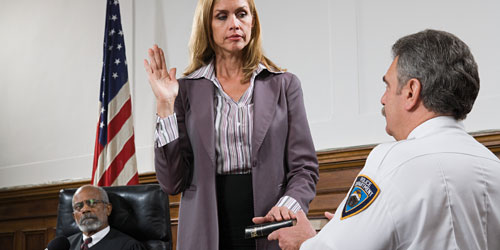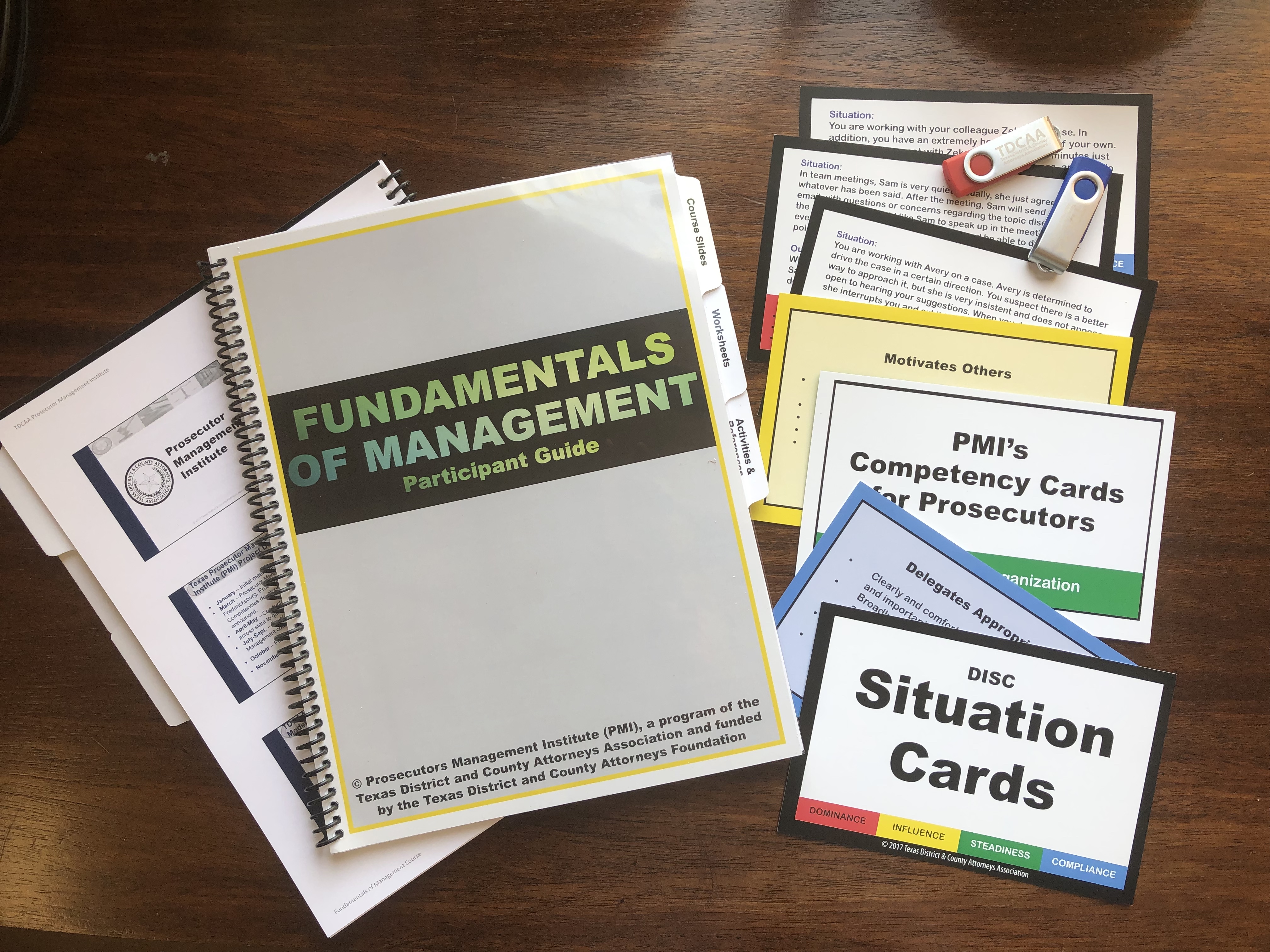And they’re off! (Literally. As in, the Lege met for a few days and then adjourned for two weeks.)
First week follies
Legislators convened in Austin on Tuesday to take their oaths of office in what served as the first (but surely not the last) coronavirus super-spreader event of the 87th Regular Session, and then the fireworks began in each chamber.
Senate
Senate members were sworn in and then debated and approved the Senate rules that will govern their business for the next two years. The biggest change to standard Senate operating procedures was a further relaxing of the traditional Two-Thirds Rule (21 of 31 senators) for floor debate. That mechanism was reduced to a Three-Fifths Rule (19 of 31) in 2015 but going forward it was further watered down to a Five-Ninths Rule (18 of 31) to keep the shrinking GOP majority in the Senate above the threshold needed to bring legislation to the Senate floor. Everyone who could count knew the outcome ahead of time, but they debated it anyway, beginning like this after the rule change was laid out and explained by author Sen. Bryan Hughes (R-Mineola):
Sen. Whitmire (D-Houston): “First of all, would you be offended if I called you a snake-oil salesman?”
Hughes: “Not in the least, senator. I’m a politician and a lawyer.”
Whitmire: “An East Texas lawyer. And I’m glad it’s you trying to sell it and not me.”
Of course, the Senate being the Senate, they all had a good laugh at this exchange, and things continued in that vein until everyone had their say and then the rule change passed by a party-line vote of 18-13.
In addition to this change, the new Senate rules also resurrect the Jurisprudence Committee (which was last seen back in 2013 and will have five members this session) and change the Committee on Intergovernmental Relations into the Local Government Committee (which will have nine members instead of seven). But the Senate declined to change any committee rules—such as allowing remote testimony—at this time, with the understanding that most Senate committees (other than the Senate Finance and Redistricting Committees) will not meet for the first 60 days of session. The plan may be to revisit these rules at that time if pandemic conditions in Austin have not improved, but regardless of rules, don’t be surprised if many Senate committees hold no more than two or three hearings on Senate bills for the entirety of this regular session. That would represent a drastically reduced number of hearings compared to a normal session, so keep that in mind when figuring out how to accelerate or slow down Senate legislation you care about.
House
Across the rotunda in the House, members were sworn in on Tuesday and officially selected State Rep. Dade Phelan (R-Beaumont) to be the Speaker of the House, with the only “nay” votes coming from freshmen State Reps. Bryan Slayton (R-Royce City) and Jeff Cason (R-Bedford), two hard-right members of a group that some have dubbed the “Freedom Freshmen.” (Perhaps that’s a new pledge program for the Texas House Freedom Caucus?) Also, in what could be a preview of coming challenges, four House members were absent on the first day: two due to their own positive COVID-19 test results before the session, and two who feared contracting the disease due to lax mask-wearing on the House floor. And sure enough, yesterday a House member who had declined to be tested for COVID-19 before Opening Day announced that he has now tested positive after spending three days on the House floor with other members, leading some of those other members to announce self-quarantines between now and when the Lege reconvenes. (Welcome to the new normal, #txlege-style.)
The House later considered its rules for the next two years, and after a few hours of debate it adopted rules that include a pandemic addendum now in effect, but which can be revoked by a vote of the House later if conditions improve. Those new pandemic rules include temporary changes so that House members can attend floor sessions from the House gallery and can also vote on floor measures from secure House laptops placed in adjacent rooms and the gallery. Like the Senate, the House then adjourned until Tuesday, January 26.
So, that is a brief preview of how legislators will conduct their business during this pandemic session, but what about the rest of Texans who must come to the capitol if they want to get something done?
Public participation
The general rules for public access to the capitol building are available here and include single-point entry/exit, voluntary COVID-19 testing, the mandatory wearing of face masks in public spaces, unspecified capacity limits, and more. However, the House and Senate rules include differing requirements for how the public might participate in committee proceedings during the pandemic. (Nothing can ever be easy with the Lege, can it?)
In specific regard to the pandemic, the new Senate rules limit public attendance in the Senate gallery or in Senate committee rooms to only those with a wristband indicating a negative COVID-19 test or completed vaccination. The rules also require face masks be used in public areas of the Senate except when speaking into a microphone during a committee hearing or floor debate. However, senators will still make their own rules for admission to their individual offices, and they needn’t wear masks when at their floor desks, which are already spaced out. (“Membership has its privileges,” as they say.) The Senate’s COVID-19 testing requirement was not included in the new House rules, but unless you’ll only be handling House business when in the capitol, the temporary Senate requirement will probably bear following for now.
Other than these temporary mask-and-test rules, the Senate has largely taken a wait-and-see approach to its committee and floor proceedings with the understanding that there won’t be many Senate committee hearings or floor discussions until mid-March. However, the House adopted new pandemic floor and committee procedures that go into effect immediately. Under these new rules for the lower chamber, committees will be allowed to hold hearings and take testimony with an in-person quorum of any two committee members as long as other members of the usual quorum requirement participate remotely. At those hearings, each House committee chair will have the discretion to invite witnesses to appear before the committee remotely, but any other witnesses will have to testify or register their support or opposition in person. However, as was sometimes done over the interim, House committees will electronically accept written public testimony on each bill heard by a committee from “persons domiciled in this state” in a manner yet to be determined, and that submitted testimony will be publicly accessible in some form or fashion.
So, what does this mean for you? Our guess is that experienced capitol advocates and well-organized special interest groups will have an advantage over the general public in obtaining coveted “remote testimony” invitations if they lobby committee chairs and other committee members for them ahead of time. For everyone else, the new mask and room/building capacity requirements may make the new electronic participation option attractive, but we think that alternative is likely to be ineffective for at least two reasons. First, it will be difficult for committees to police the “Texas resident” limitation on online submissions, resulting in a glut of content being submitted online; and second, legislators have historically been unlikely to read written submissions at the committee stage, and a high volume of submitted testimony may make it even less likely that public comments submitted online ever reach their intended audience. Therefore, your relationships with, and access to, your local legislators who end up serving on relevant committees this session will be more important than ever before, as will some tolerance for masking up and waiting (… and waiting … and waiting …) for those of you who wish to get involved in person.
Legislative involvement
This is probably a good point at which to remind you that you can contact Shannon for details on how you can get involved in the legislative process. Remember, the squeaky wheel gets the grease at the Capitol, so don’t be shy—your legislators need to hear from you!
Budget revenue estimate
The comptroller issued his biennial revenue estimate (BRE) this week to give a snapshot of the state’s current finances and set the bar going forward for how much money the legislature can spend in its next two-year state budget.
The good short-term news is that the state should end up only ~$1 billion short of revenue for the current biennium despite the economic downturn caused by the pandemic. The Lege had given itself an almost $3 billion cushion in the original FY 2020-21 budget, but the pandemic and resulting economic downturn blew a hole in that plan and some estimates last summer projected as much as a $5 billion deficit in lieu of that original cushion. Thus, ending that teeter-totter ride of projections down only ~$1 billion looks relatively good in context, for which you can thank Uncle Sam’s largesse, along with whoever in your house has been doing all the internet shopping and helped to keep state sales tax collections steady. For a state that annually blows through more than $120 billion in state and federal funds, a $1 billion hiccup is not too bad, and that number could be further reduced once the impact of agency budget cuts from last summer are factored in. The Lege also has the cushion of the state’s Rainy Day Fund, which weighs in at roughly $8.5 billion right now and could grow to around $11 billion if left untouched for the next two years.
Going forward, the state budget writers will have to write a check to cover the current biennial shortfall invoices coming due now (for a total of ~$1.5 billion). They will also have a hair less to spend over the next two years than they had during the current biennium, which is not good news considering the growing demand placed upon government coffers by the pandemic and our state’s growing population, not to mention looming problems like the continued underfunding of the state’s Employee Retirement System (ERS)—in which you elected DAs are members of the Elected Class. As a result of these competing demands and a lack of new revenue, budget writers are likely to take a “hold the line” approach on most funding this session unless they hear differently in April or May when the comptroller can fine-tune his projections for the final budget negotiations. Between that flat-line plan and the possibility of yet more federal pandemic funds coming our way, we don’t expect the Lege to seriously consider passing anything that smacks of a new tax or other revenue source this session—and that includes sin taxes like casino gambling or marijuana.
For any budget nerds out there, the full BRE can be found here.
Bill filings
For a list of bills filed through yesterday that would amend the Penal Code or Code of Criminal Procedure or that fall into our subjective “Bills to Watch” category, use the links on the right-hand side of our Legislative page. We are already tracking more than 450 bills in more than 40 different bill tracks for various topics, but these three lists will give you a good idea of what has been proposed so far. And if you ever have questions about an individual bill, feel free to contact Shannon.
Looking ahead
Both chambers have adjourned until Tuesday, January 26, at which time they are likely to come together to caucus behind closed doors and perhaps hear the governor’s State of the State Address, although that could be delayed until early February. Such a long break is unusual, but it serves at least three purposes: It allows Democratic legislators to jet off to D.C. for President-elect Biden’s “inauguration lite” festivities on Wednesday without missing anything important back in Austin; it keeps large legislative crowds from congregating inside the state capitol during a pandemic; and it gives legislators and their staffers a reason to not be in the Big Pink Building the latter part of next week, when the FBI expects more “stop the steal”-type protests at all 50 state capitol buildings. And after they convene for a few days two weeks from now, don’t be surprised if the House and Senate adjourn again until the second week of February for further pandemic-avoidance reasons. Such long adjournments are practically unheard of during the early weeks of a session, but guess what, Toto—we are not in Kansas anymore.
Assuming nothing goes sideways on us next week, we will try to use our free time to pen a “big picture” analysis of the upcoming session for our next update. Look for that next Friday!
Quotes of the Week
“Be prepared for fewer bills to pass the House and Senate.”
—State Rep. Charlie Geren (R-Fort Worth), as quoted during a remote conference with the Texas Taxpayers and Research Association about the impact of pandemic restrictions on the legislative process.
“There is so much potential for lack of transparency, for back-dealing, for really shady business to happen during a session when much of the public is shut out of the process.”
—Stephanie Gharakhanian, advocate for the Workers Defense Project, on why she worries that some of the health and safety proposals put forth for the session could have adverse consequences on the end product.
“It basically means you don’t need to negotiate with the other party in order to get things passed.”
—Robert Lowry, political science professor at UT-Dallas, on the change in the threshold rule for considering legislation on the Senate floor.
“We’re the majority. Elections matter. If we don’t change the rules today… the Democrats would be controlling the Senate.”
—Lt. Gov. Dan Patrick (R-Houston), as quoted in that same article.
“Just like you gotta wear pants.”
—House Speaker Dade Phelan (R-Beaumont), when asked during a pre-session interview whether visitors would have to face coverings in the public areas of the state capitol this session.
“I’ve long said Texas lawmakers are just like the Texas people they represent. Some are insightful people here to do the most good for the most people. Some are thieving crooks killing time before they become lobbyists. And some are just wondering what’s for lunch.”
—Ken Herman, Austin American-Statesman columnist, in an article discussing new press restrictions at the state capitol.
###



